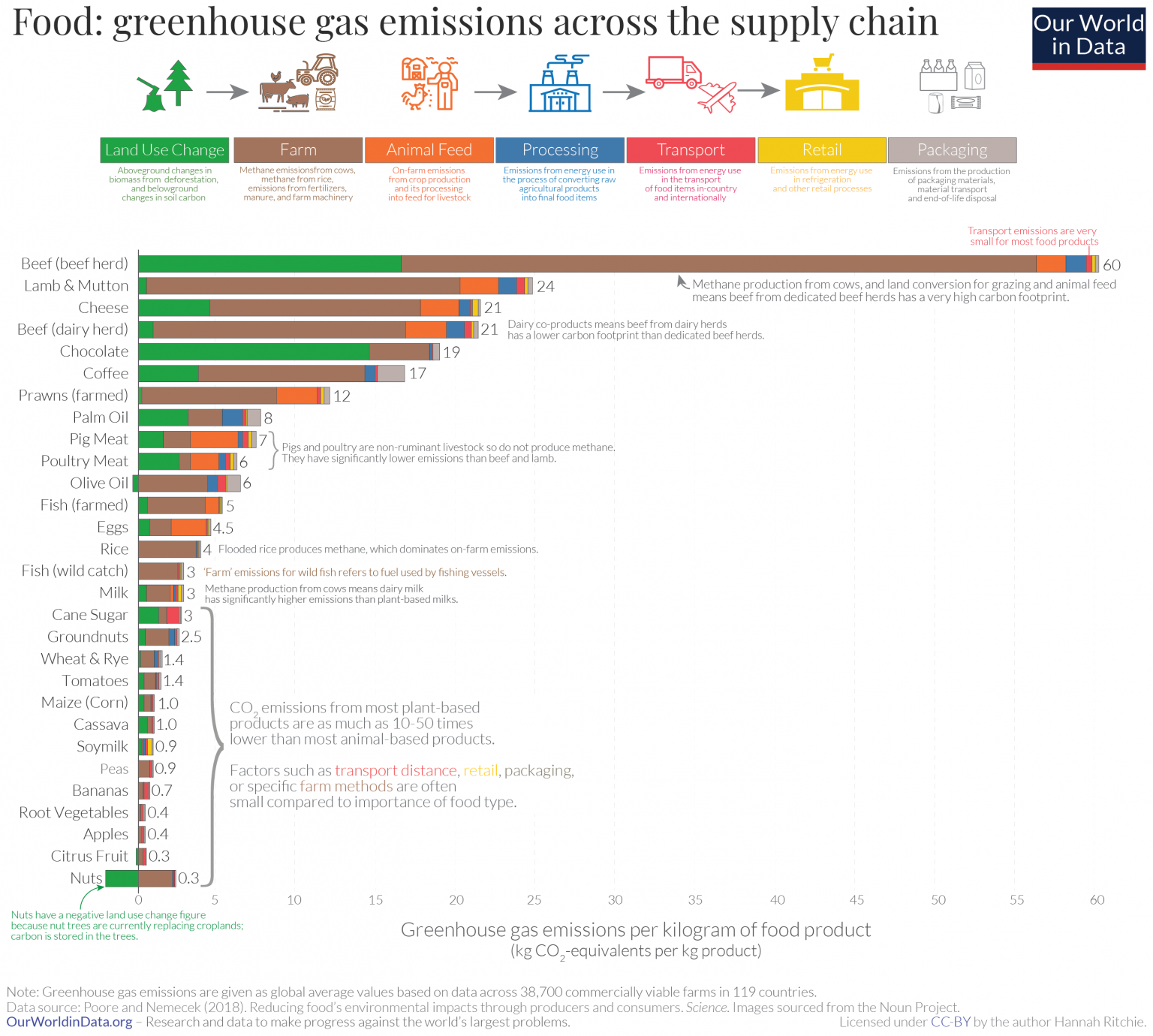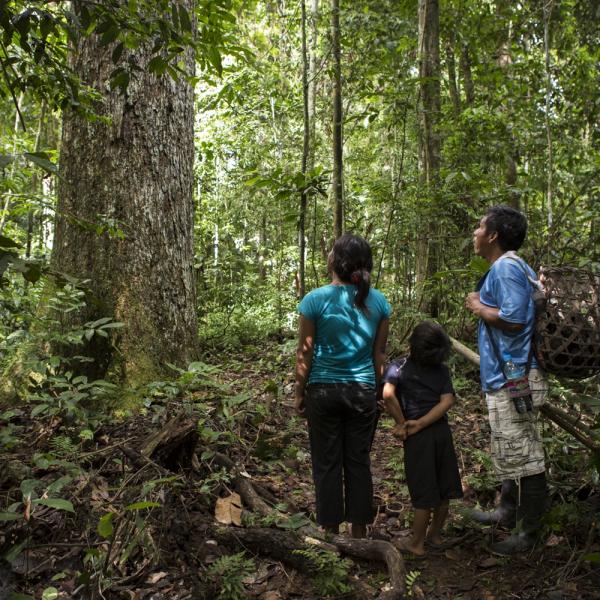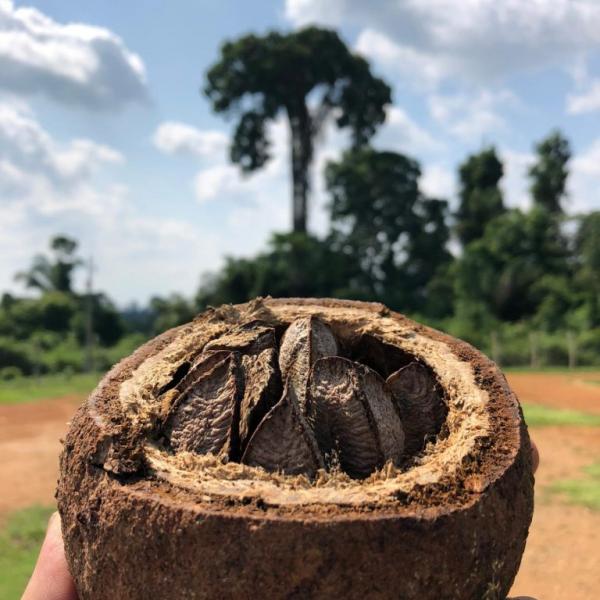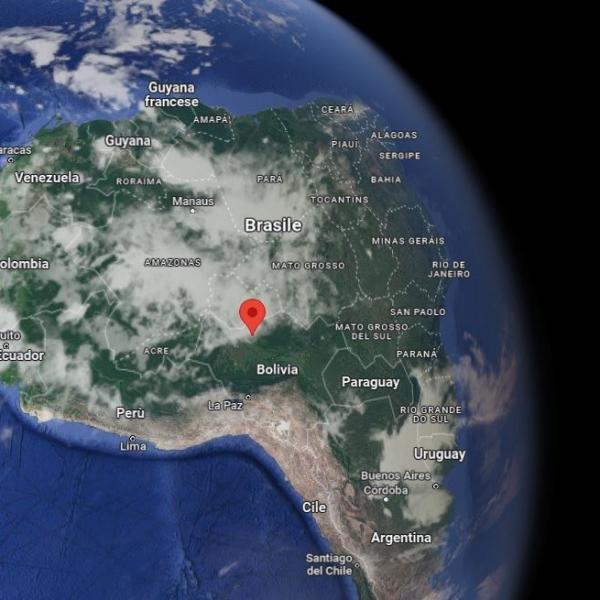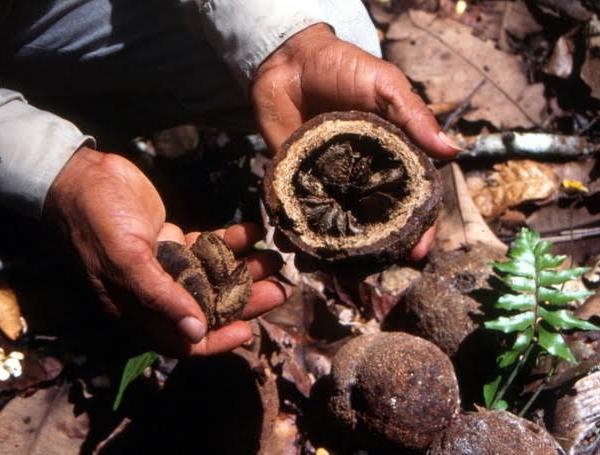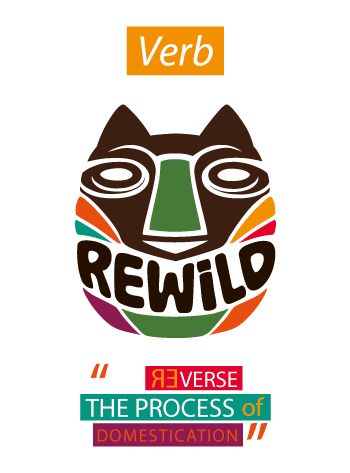
SUPPLIER
:
Brazil nuts from the 24-25 harvest have experienced a significant increase due to the large drop in production (30%) caused by climate change that led to a severe drought in the Amazon in 2024 (link).
The harvest takes place between December and January and after various work in the field, the peeling and packaging arrive at us in late summer-early autumn.
We have worked until today with our supplier to still produce the 23-24 harvest, which is now over, so you will find the product of the new harvest with a significantly higher price on the list.
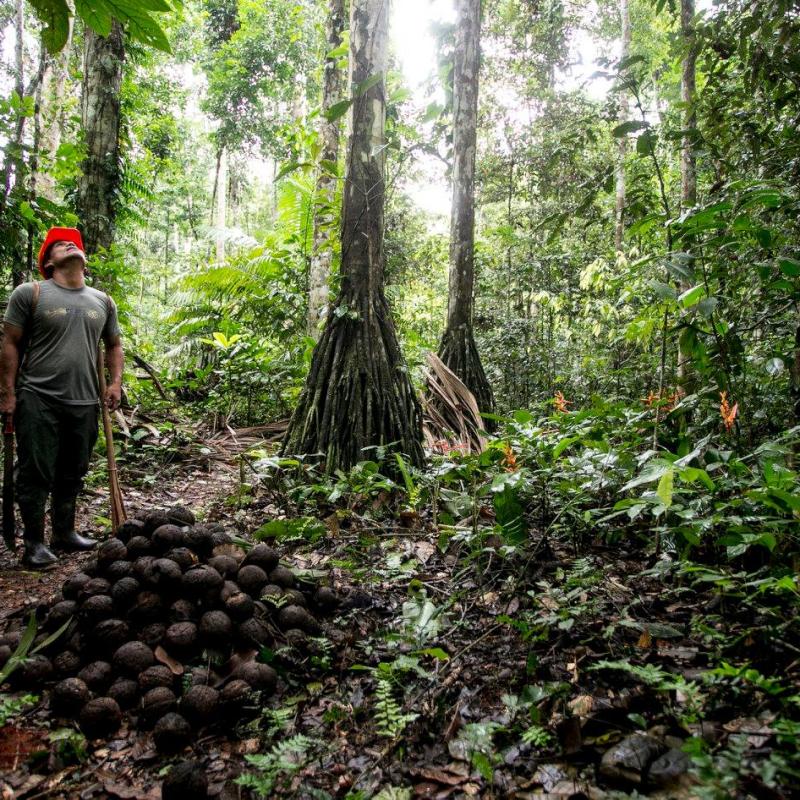
There is no cultivation of Brazil nuts in the world. The nuts on the market come, in fact, from the original Amazon forest between Peru, Bolivia and Brazil and grow spontaneously.
Each mature tree produces about 300 kernels of nuts, and each coconut contains between 25 and 30 nuts. Between December and March of each year, the so-called 'rainy season', the cocci, now ripe, fall to the ground and are collected.
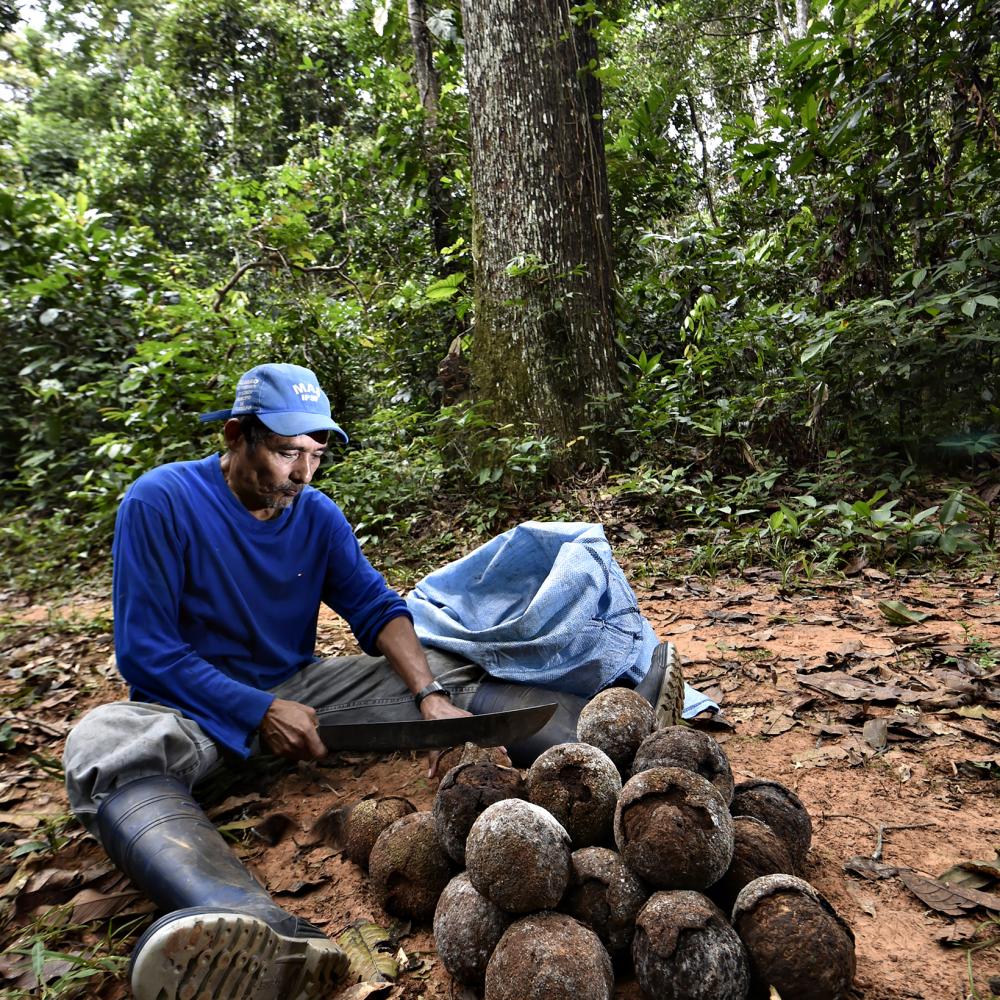
The entire production is entirely entrusted to the expert hands of Mother Nature, patiently looked after by the BellaVista cooperative.
The collection and transport (mostly fluvial) to the collection and processing centers, is carried out, on the other hand, by the indigenous peoples who thus guarantee the conservation of the forest.
Finally, the processing and sale are carried out by various companies. In particular, our nuts are processed by two companies in the Riberalta area. The first is a family-run business founded in the late 80s and the other, more recent, founded in 2006, organic and fair trade.
Both are distinguished by three fundamental characteristics:
· effectively controlled production processes, which guarantee high quality standards;
· decent work for their staff;
· collaboration agreements with indigenous collectors associations, which include the technical assistance necessary for the inclusion of these realities in the Fair Trade system.
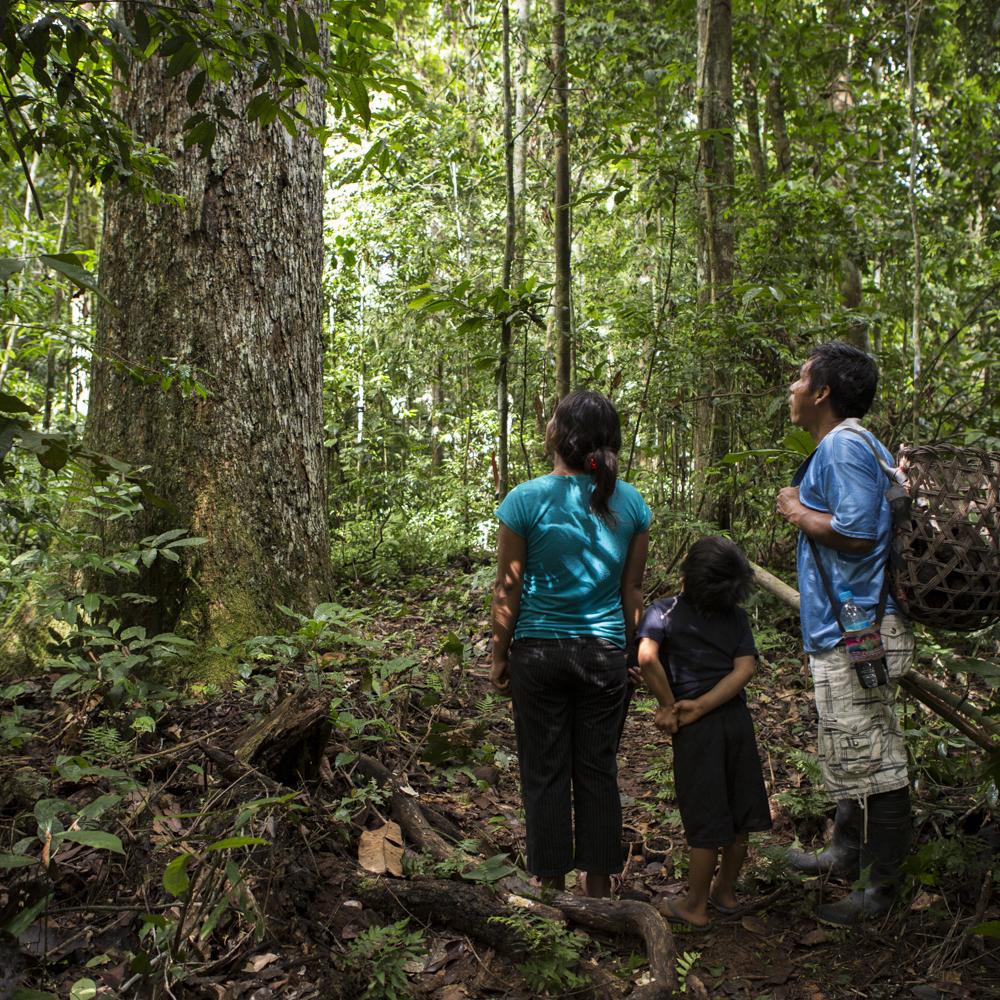
Related to the collection and processing of Brazil nuts, there are two orders of socio-environmental repercussions to consider:
· valuing sustainable economic activities in the Amazon rainforest based on local biodiversity, improving the human impact on the ecosystem.
· reward the work and traditional knowledge of indigenous and rural populations active in the collection and processing of nuts and other wild products.
On the other hand, it seems appropriate to point out that, as the graphic on the side clearly describes, the impact of the nut production chain, in terms of CO2 emissions, is negative despite transport, thanks to the filtering power of walnut trees.
Emissions caused by international shipping are estimated at about 23 percentage points of global greenhouse gas emissions. This is undoubtedly a big problem in terms of environmental impact.
To limit the problem, supranational initiatives such as the MRV Regulation adopted in 2015 by the EU, or the Global Data Collection System (DCS) of the International Maritime Organization (IMO) have been activated. These are the first international systems for detecting and monitoring CO2 emissions from maritime transport, which must provide precise data in order to develop strategies for their reduction.
The economic profit deriving from the trade in Amazon nuts, therefore, contributes, in a virtuous circle, to preserving the green lung of our planet, the Amazon Forest and one of
Youtube Video has been blocked due to your privacy settings
If you turn on YouTube Video, your privacy preferences will be updated. If you have not agreed to activate third-party cookies for analysis and marketing purposes, this choice will be changed when you approve to unblock the use of Youtube Video
You can always go back and change your settings on the cookie conditions. On the same page you will find information about the person responsible for managing your data, the processing of personal data and the purposes of such processing.
Accept privacy and unlock Youtube VideoImages taken in the original format from the environmental information website MONGABAY.COM

